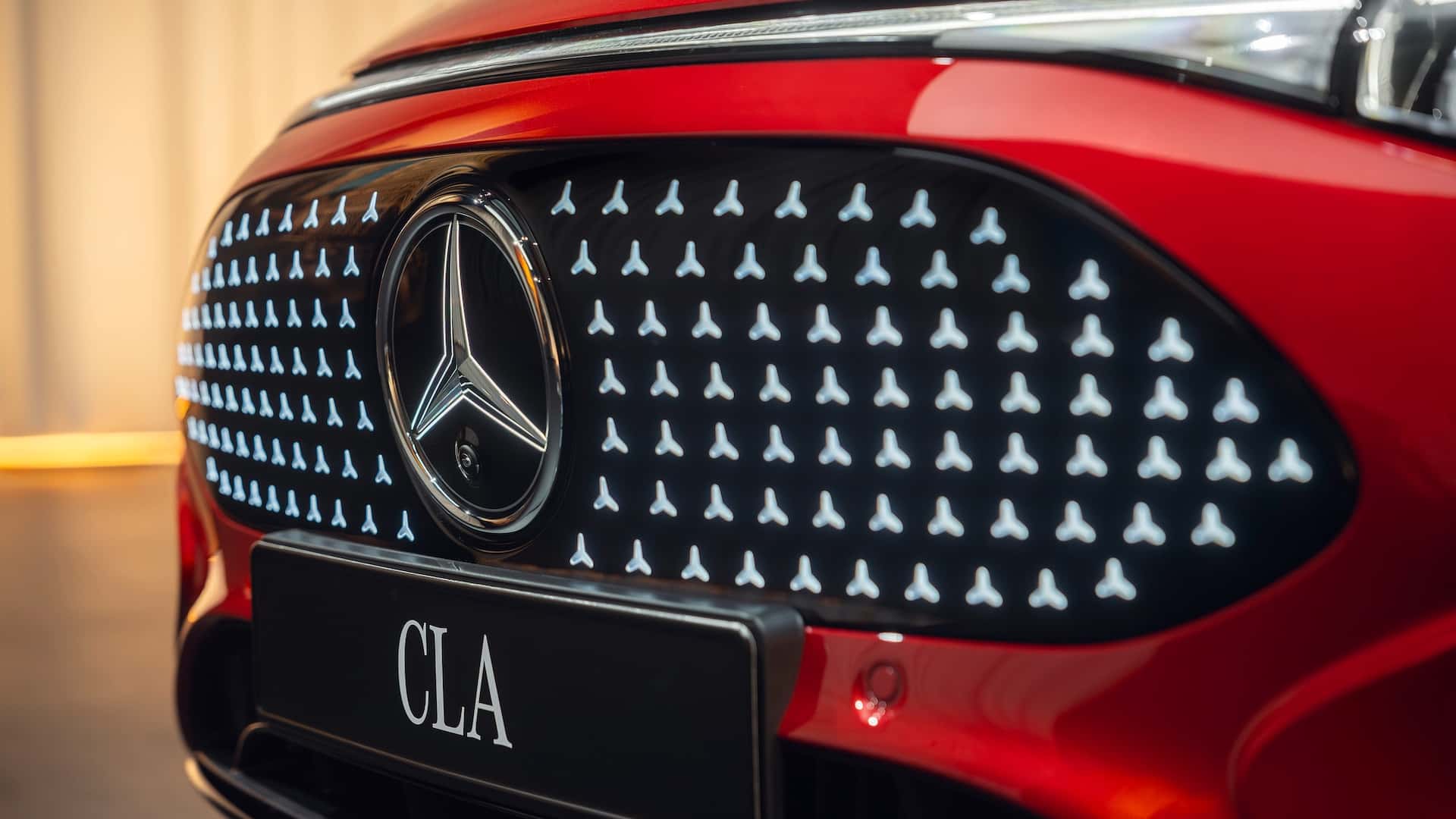
After speculation surrounding the potential of a historic engine supply agreement between Mercedes-Benz and BMW, an official denial has been issued. Markus Schaefer, Chief Technology Officer and member of the Board of Management at Mercedes-Benz Group, stated that the company has no intention of using external engines—especially not from a direct competitor like BMW.
The rumors—which we reported on in August—suggested that the two German automakers were in advanced talks for Mercedes to use BMW’s turbocharged 2.0-liter gasoline engine (B48) in future models, particularly compact vehicles and plug-in hybrid versions of the C-Class and E-Class. The aim was reportedly to reduce development costs and ensure compliance with the upcoming Euro 7 emissions regulations.
However, Schaefer dismissed these claims during the IAA Mobility Show in Munich:
'There is no truth to this. We have developed our own new family of modular engines—FAME (Family of Modular Engines)—which covers all displacements, and are already compliant with EU7, China 7, and U.S. regulations.'

Introduced nearly four years ago, the FAME (Family of Modular Engines) platform includes four-, six-, eight-, and twelve-cylinder engines—designed to remain relevant even as the industry shifts toward electrification. Markus Schaefer confirmed that a new high-performance V-8, fully compliant with the strictest emissions regulations, is nearing completion, and that V-12 engines will continue to be part of Mercedes' lineup.
“We will continue to offer V-12s and also V-8s,” he said. “We have a complete, in-house, updated thermal engine range that’s ready for the future.”
Some rumors suggested that, starting in 2027, Mercedes might replace some of its smaller engines—such as the 1.5-liter turbo co-developed with partners like Geely (under the Horse joint venture)—with BMW’s 2.0-liter unit.

However, no official confirmation ever came from either Stuttgart or Munich. Now, with Schaefer’s official statement, it’s clear: Mercedes has no intention of outsourcing combustion engines, especially not to a direct competitor.
The denial comes at a pivotal moment for Mercedes, as the company accelerates its electrification strategy without fully abandoning internal combustion engines. A clear example is the new GLC, which will be offered in an electric version priced similarly to its combustion counterpart—signaling a significant shift in the balance between the two technologies.
Looking ahead, one thing is clear: Mercedes’ engine identity will remain 100 percent "Made in Stuttgart."














